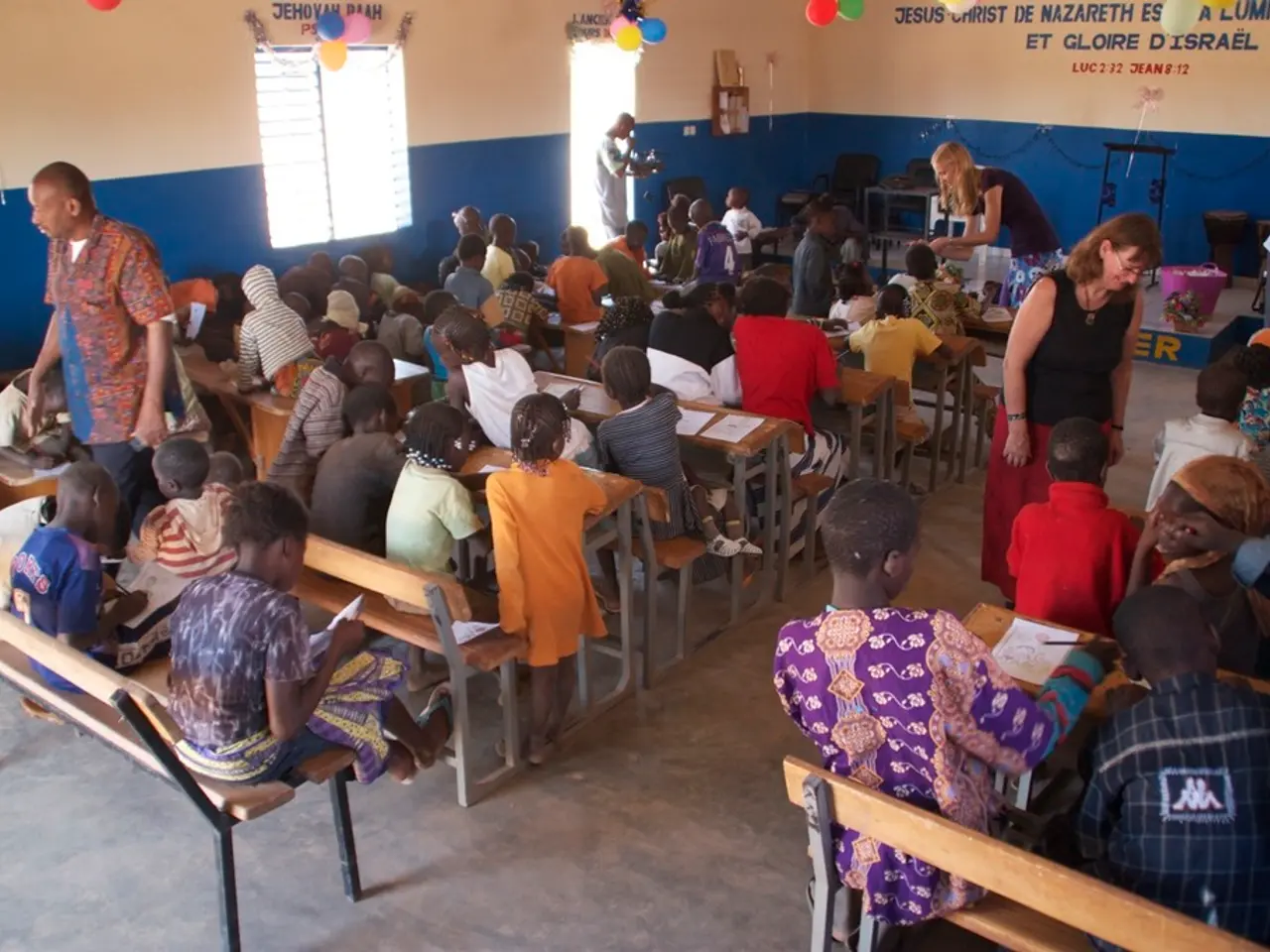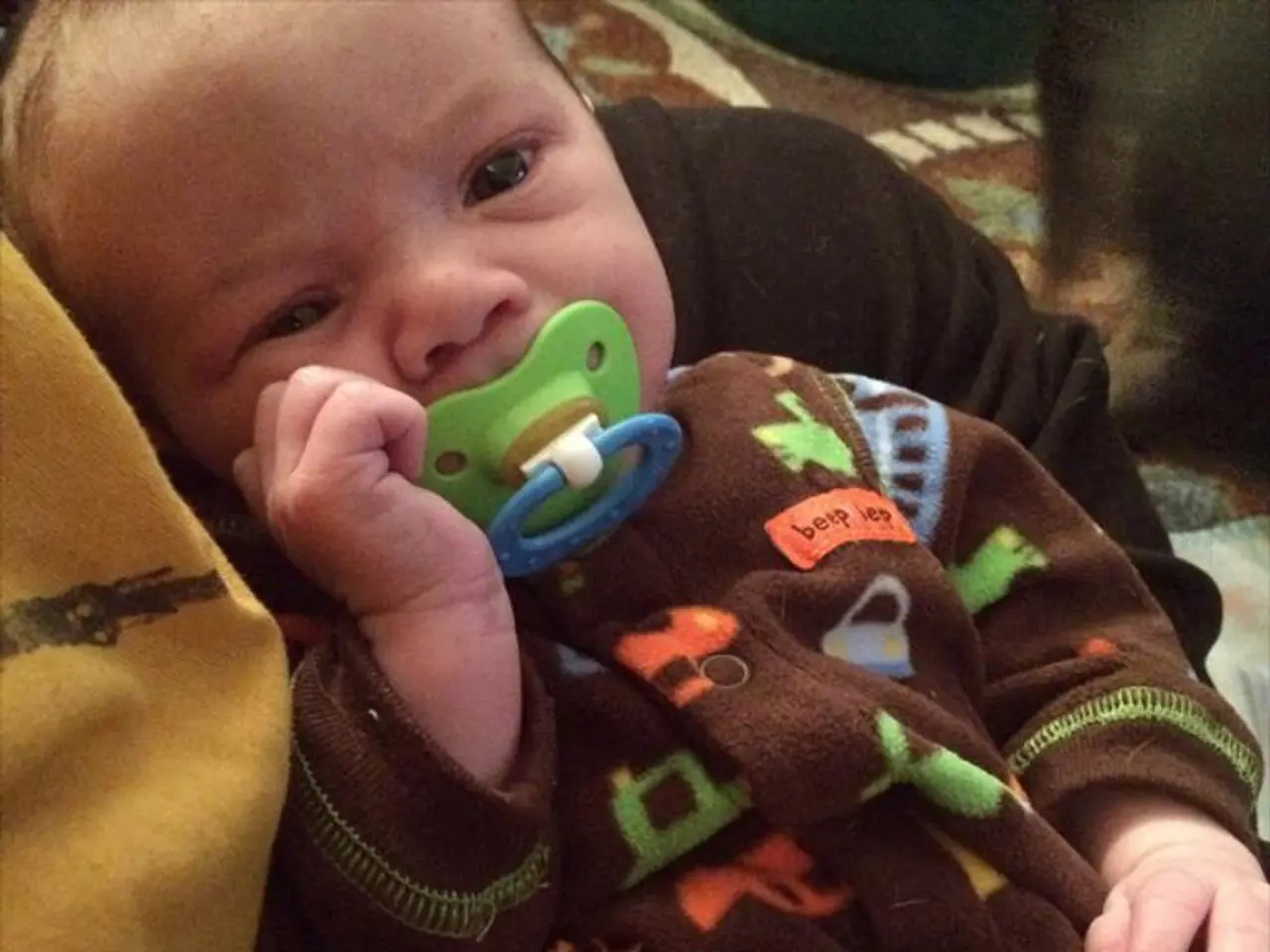Home-Centered Health Solutions: Collaboration Between Pediatricians and Families Can Combat Childhood Obesity
Family-based treatment for pediatric obesity, which involves the family in behavioral strategies such as nutrition education, physical activity promotion, sleep management, and behavioral goal-setting, has been shown to be effective in improving weight-related outcomes in children and adolescents [1][2].
Evidence suggests that these family-inclusive interventions significantly reduce Body Mass Index (BMI) z-scores and overweight percentages in children aged 2–18 years [2]. Family engagement, particularly in goal-setting and environmental support, enhances outcomes [1].
Successful programs adopt a biopsychosocial approach, addressing biological, psychological, and social factors that contribute to pediatric obesity. Families act as active agents in modifying behavior, alongside schools and community settings [1].
The behavioral components of these interventions include parental education on nutrition and physical activity, role modeling, and behavioral management techniques. Emerging evidence supports addressing sleep quality and duration as an obesity-related risk factor within family interventions [2].
However, current insurance coverage for pediatric obesity treatment varies, with lifestyle and family-based interventions often under-reimbursed despite evidence of effectiveness. Expanding reimbursable services to encompass multidisciplinary and family-centered care could improve accessibility and adherence [5].
Staffing regulations often restrict obesity treatment delivery to certain specialists, such as dietitians and physicians. Reforms advocating for integrated care teams—including behavioral health providers, community health workers, and trained family coaches—could enhance implementation and outcomes [5].
A recent study, published in the Journal of the American Medical Association, found that children enrolled in family-based treatment lowered their BMI by an average of 6.48% more than the control group [4]. The study, conducted in three states with children ages 6-12, also reported benefits extending to parents/caregivers [5].
Meghan Dahlman, MA, MS, served as one of the specialists leading these family-based treatment programs. Previously a special education teacher, Dahlman found that her educational and professional background helped her transition to this role [3].
Implementing this model permanently will require changes to insurance reimbursements and staffing regulations. Embedded specialists were provided specific BMI and weight criteria for inclusion in the program [5].
Weekly meetings focused on increasing physical activity, reducing screen time, and engaging in realistic meal planning. Families who participated in the program met weekly with the specialist, either on Zoom or in person [3].
Enthusiastic child participation correlated with the best results, and setting expectations and securing buy-in from families were critical for the program's success [3]. This model could help pediatricians identify behavioral health issues early [5].
In conclusion, implementing family-based pediatric obesity treatment within a biopsychosocial model, coupled with insurance and regulatory reforms to support multidisciplinary, family-centered care, represents a promising direction supported by current research and healthcare policy trends [1][2][5].
- To improve child and adolescent weight-related outcomes, family-based treatment involving nutrition education, fitness-and-exercise promotion, sleep management, behavioral goal-setting, and mental-health support has been effective [1][2].
- Research indicates that family engagement in goal-setting and environmental support significantly contributes to improved outcomes in family-based obesity treatments [1].
- Successful programs for pediatric obesity often include parenting education on nutrition, physical activity, weight-management, and mental-health strategies [1].
- A biopsychosocial approach to family-based treatment addresses the biological, psychological, and social factors that contribute to pediatric obesity and includes components like behavioral modification, health-and-wellness education, and family coaching [1].




